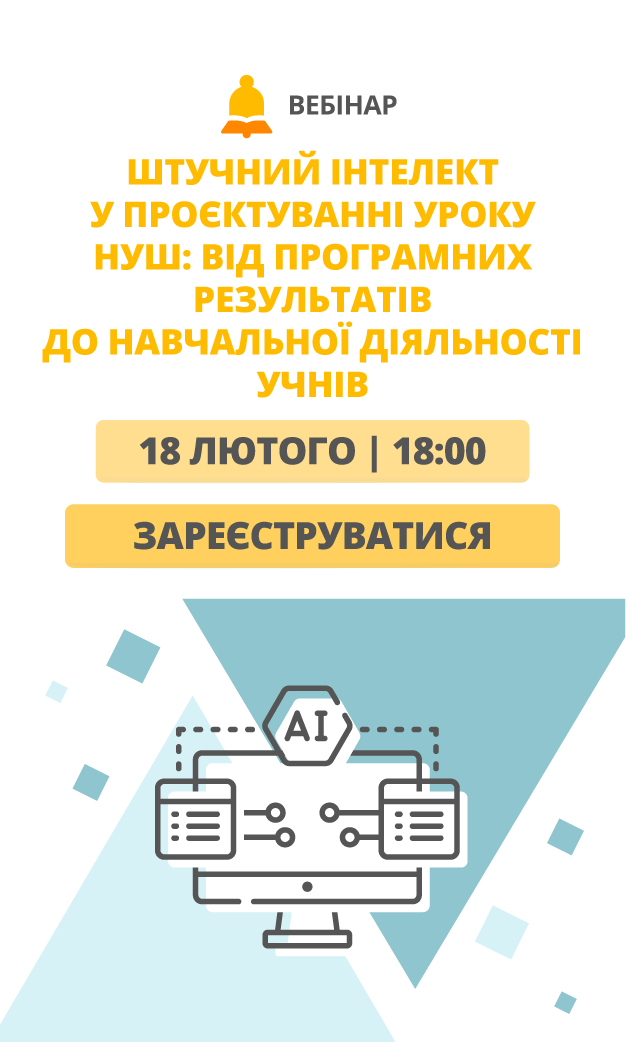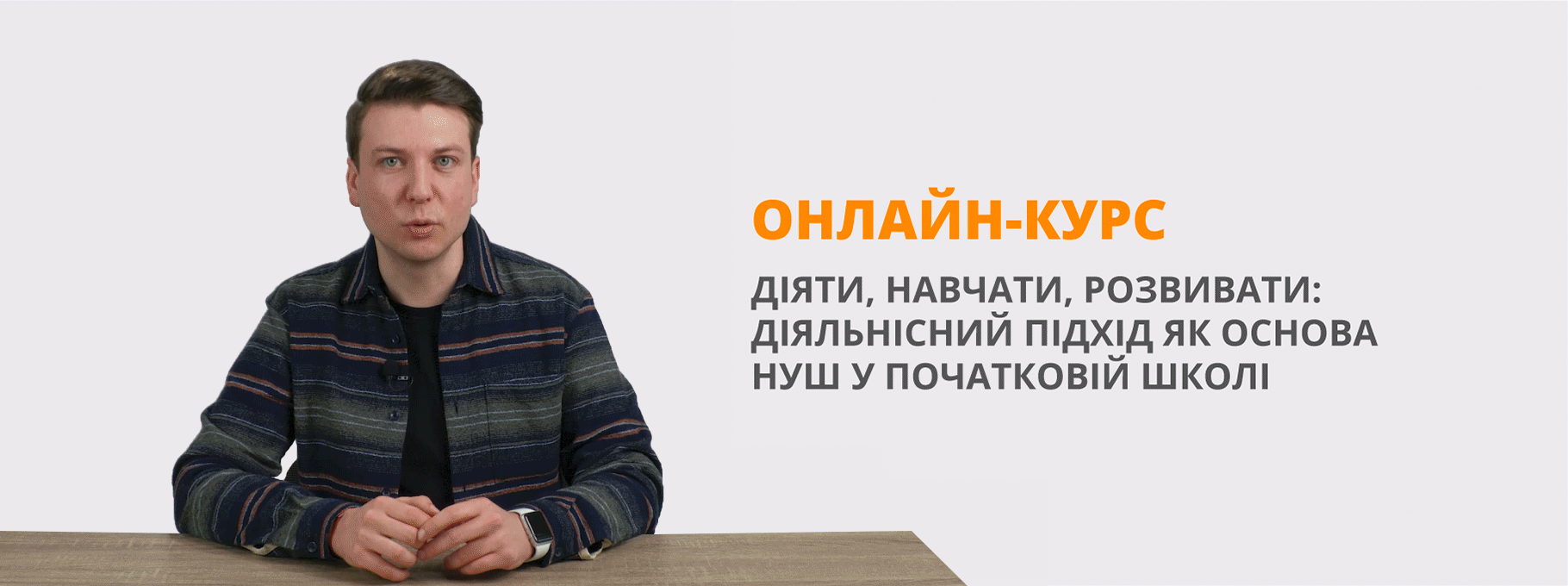The Plan of the Lesson
The Plan of the Lesson
The Subject of the Lesson: Images of Different Cultures
The Objectives of the Lesson:
- Practical aim: to teach pupils differentiate countries through the images of their cultures; to develop speaking and reading skills.
- Educational aim: to develop pupils` memory, imagination.
- Cultural aim: to widen the pupils` knowledge of multicultural society, to foster tolerance and gentleness to other peoples.
Audio – Visual Aids: hand-out material,a blackboard, a note book.
The Procedure of the Lesson
- The Preliminaries
- Stand up! Hello, pupils! You may sit down! Nice to see you! How are you today? Is anybody absent today? Now, let`s start our lesson.
- Warm – up
– To begin with, I shall give to each of you a puzzle and you are to find a border picture to collect an illustration (to divide students to the groups).
Pupils who had pieces of picture A sit together, the same concerns the pupils with picture B.
Now we have 2 groups. Each group has to choose a leader who will write down the answers. You have 5 minutes to write down as many images of Ukraine as possible. The group that will have more points will win. So you can start!
Your time is up! Group A – how many images do you have? And you (group B)? Could you read them aloud, please?
- Home – lesson Checking
– What were you given to prepare for today? (Read and translate the text “Images of Ireland”; learn by heart the verbs from unit 1).
– Now, we will have to give an English explanation of them. Then we will have a word dictation, you have to take a piece of paper and put the numbers from 1 to 12 on it. (1. задовольняти – satisfy; 2. виживати – survive; 3. забезпечувати – provide; 4. ілюструвати – illustrate; 5. захищати – protect; 6. ховати – hide; 7. приваблювати/залучати – attract; 8. розвивати – develop; 9. винаходити – invent; 10. зарисовувати\робити начерк – sketch; 11. реагувати – react; 12. створювати–create);
- Let`s continue and overview the text “Images of Ireland”.
(Here goes the text discussion)
- New Material Presentation
–Today we will revise Present Perfect Simple and Present Perfect Continuous.
We use both the present perfect and the present perfect continuous for an action which began in the past but which has present consequences.
We use Present Perfect:
- to emphasise that an action is completed.
I`ve washed the car. It looks nice and clean now.
- to say how many times something has happened.
They`ve visited us four times this year.
We use Present Perfect Continuous:
- to emphasise the action itself, which may or may not still be going on at present.
My clothes are wet because I`ve been washing the car.
- to emphasise the length of time that an incompleted action has lasted.
I`ve been studying English for two years.
- to talk about actions that have been repeated over a period of time up to the present.
We`ve been going to the tennis club for years.
- for a temporary action or situation.
They`ve been carrying out tests on the telephone system.
– I want you to concentrate on the structure of these sentences .
- Consolidation
Will you make up the correct sentences
1) *have they arrived (they/arrive) already?
2) Lucy * …* (run) 2000 meters today.
3) I *…*(clean) all morning – I`m fed up!
4) How long *…* (you/know) Simon?
5) I *…* (drink) more water recently, and I feel better.
6) Sorry about the mess! I *…* (bake).
7) How many times *…* (you/take) this exam?
8) He *…* (eat) six bars of chocolate today.
9) Julie *…* (cook) dinner. Let`s go and eat!
10) The students *…* (finish) their exams. They`re very happy.
11) The baby`s face is really dirty. What *…* (he/eat)?
12) Iona is exhausted these days. She *…* (work) too hard recently. 13) Luke *…* (never/be) abroad.
14) I *…* (wait) three hours already!
15) *…* (you/finish) your homework yet?
16) How long *…* (you/be) a lawyer?
- Relaxation Period
– Now, we will play a small game, which is called “Think Hard”. I will write a word on the blackboard. Your task is to write as many words as possible from this word, excluding proper names.
Advantage (van, age, gate, ad, get, net, dean, tea, neat, eat, ate, gave, tend, ten, tan, and, end, etc.)
- Setting the Home Task
- For your homework – you are to do exercises 5 and 6 on page 3 from your Workbooks. In exercise 5 you are to match meanings of phrasal and prepositional verbs. In exercise 6 your task is to read the text and complete it with the correct form of the phrasal or prepositional verbs.
- Assessment
- I am pleased with the work of the class. You were very active. Next time, please, be still more active and attentive. – Do you have any questions? – This is the bell for the break. Our lesson is over. You may be free. – Bye!
o


про публікацію авторської розробки
Додати розробку
